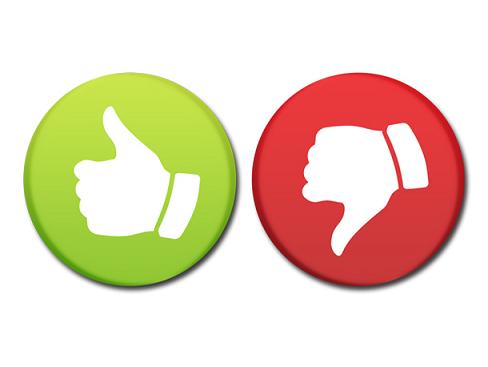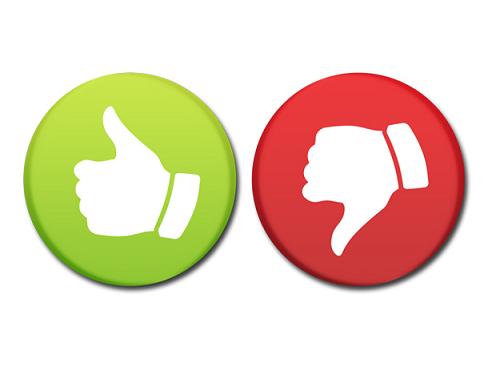Who's that Girl?
Hate Your Boss? How to Bridge the Personality Gap
Originally posted: August 4, 2015 on TrishMcFarlane.com
 Do you like your boss?
Do you like your boss?
Maybe that’s not a fair question. The real question is… “Do you like your boss enough to stay with the organization?” In my career in HR, I’ve fielded complaints ranging from dislike of micro-managers to working for someone who is so distant that a relationship never forms. I’ve found that as I’ve worked with executives over the last 18 years, one thing stands out…. if there is not a match in style between the leader and the subordinate, ultimately that working relationship will suffer. Over time, either the employee will become dissatisfied and leave the company, the leader will not be satisfied with the employee and performance will suffer, or both people stay in the relationship and the department never reaches it’s full productivity potential.
Awhile back, I was reading an article in Scientific American Mind on Attachment Theory. The article was about the role that Attachment Theory plays in romantic relationships. It struck me that although they were focusing on romantic relationships, the theory plays out in our work relationships as well. Attachment Theory was first discovered by Mary Ainsworth, an American psychologist. Her work with a British researcher, John Bowlby, resulted in the idea that people who have a strong attachment to others, specifically their caregivers, are more likely to survive. The three types of attachment are:
- Secure– This person has a solid base and is able to explore their environment. They’re more likely to learn and thrive and are comfortable with intimacy.
- Anxious– This person is overly worried about where the other person (ie. parent, romantic partner or boss) is and what they are doing. By being preoccupied with that, they are not easily able to focus their attention on the situation at hand.
- Avoidant– This person believes that if they allow a close, trusting relationship to form, they will lose their independence. They try to minimize closeness in their relationships and keep other people at arms length.
The impact of this in the workplace can be huge.
If there is a mis-match of the boss’ attachment style and yours and you do not recognize it, your relationship may never see success. One or both of you will be disappointed in the other person. This disappointment will cause friction over time if not addressed and eventually, something has to give. Recognizing your own attachment style can help you in your relationships because then you can make adjustments to aid in bridging the gap. According to the article authors, Amir Levine and Rachel S.F.Heller, “attachment principles teach us that most men and women are only as needy as their unmet needs. When their emotional needs are met, they usually turn their attention outward. This result is sometimes referred to in the literature as the ‘dependency paradox’: the more effectively dependent people are on one another, the more indpendent and creative they become.”
As we help leaders, or as we review our own leadership style, the message is clear. We need to help stack the deck by working toward having a more secure and trusting relationship with our boss. This is where HR can really help an employee focus efforts on strategies to reach that goal instead of focusing on all the problems in the working relationship.
I’d love to hear your thoughts on these attachment styles and how you’ve seen relationships play out in the workplace. What has worked and what hasn’t?

Author
Categories
Tags
Share
Related Posts
How we can help
Led by Trish Steed and Steve Boese, H3 HR Advisors harnesses over 40 years of experience to delivery HCM insights and guidance to global organizations.
H3 HR Advisory services
By leveraging technology, analytics, and our deep industry knowledge we can help you to reposition your workforce and ensure that you have the right people with the right capabilities in the right roles to positively impact the growth of your business.
HR Happy Hour Podcast Network
Created in 2009, The HR Happy Hour Show is hosted by Steve Boese and Trish Steed and is the longest continuously running internet radio show and podcast on Human Resources, HR Technology, Talent Practices, Workplace and Leadership topics.
H3 HR Speaking Services
We work closely with every client to customize your content - keynotes, webinars, research, infographics, and buyer’s guides - to inspire, educate and inform the audience enabling you to reset and realign your organization for a talent-led breakthrough.
Get in touch
Talk to us today and find out how we can help you and your organization leverage HCM technology to attract, onboard, retain and manage top talent.


